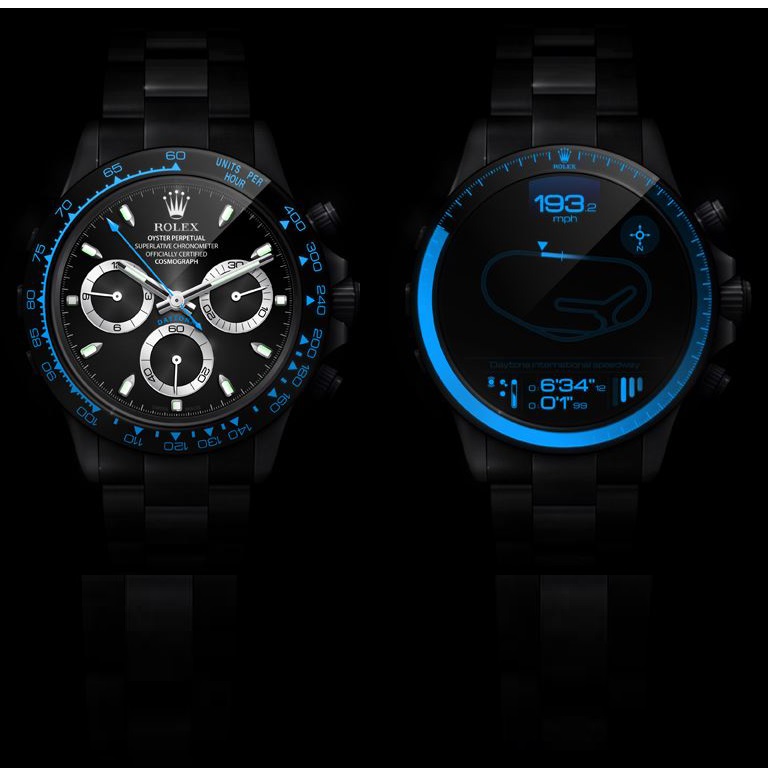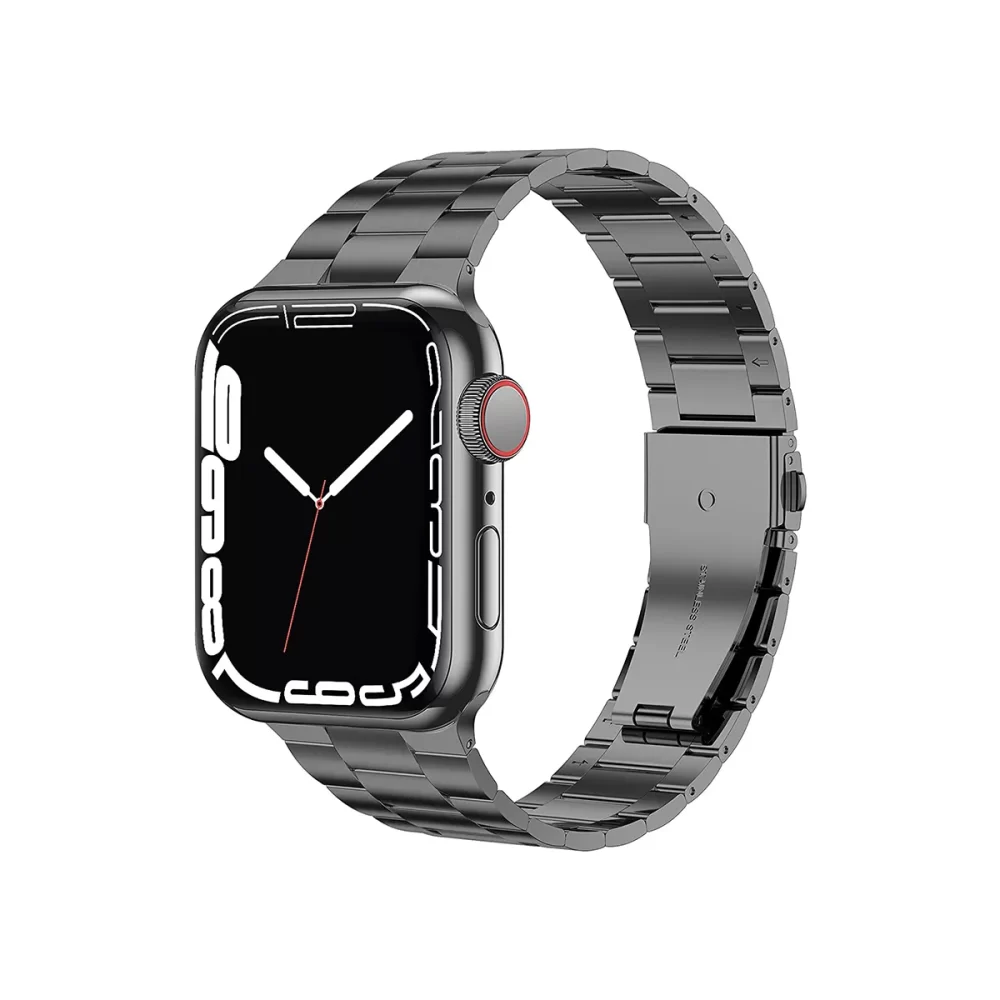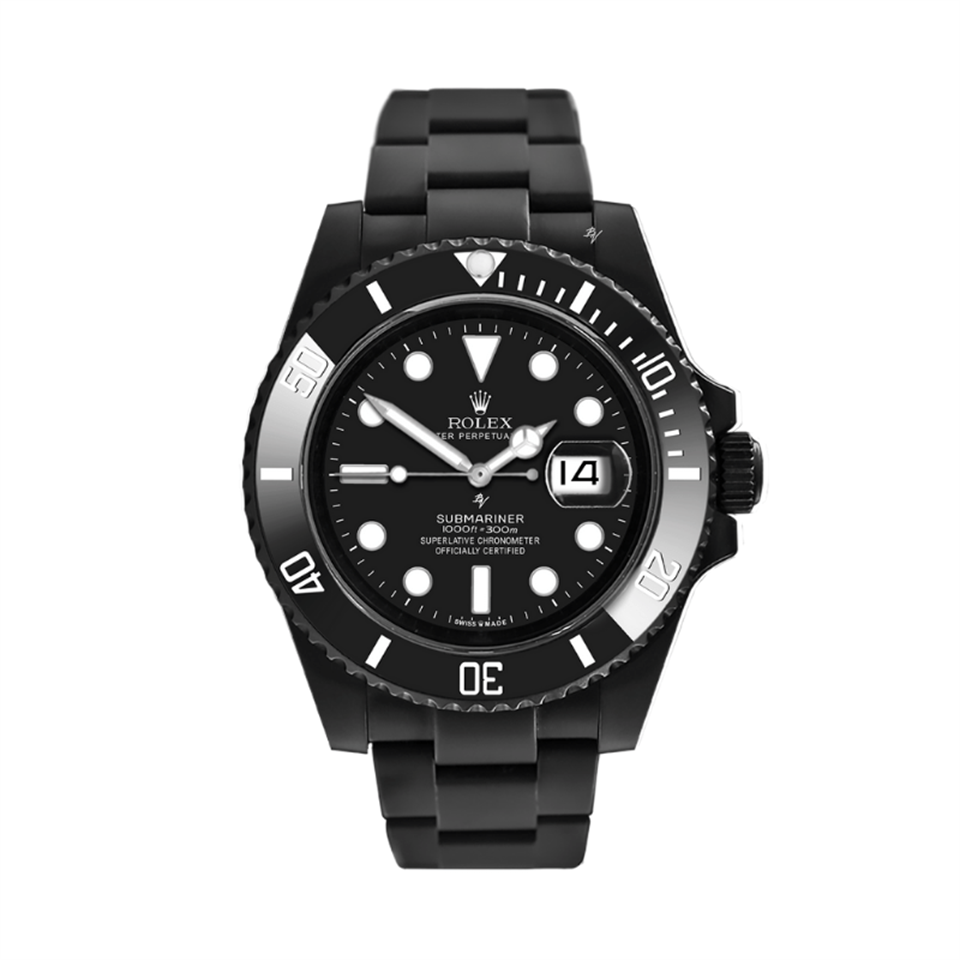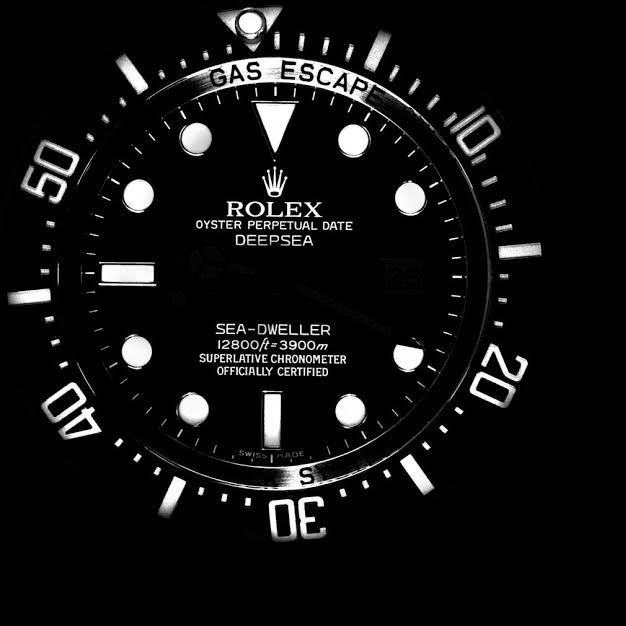The Evolution of Watch Technology
The watch industry has witnessed significant transformations through the ages. From simple mechanical pieces, watches have evolved to incorporate high-tech features. This journey reflects both innovation and aesthetic refinement over time.
From Traditional to Technological
Traditional watches are known for their mechanical and artistic elegance. However, the advent of smartwatch technology shook the core of traditional watchmaking. Companies started integrating technologies like Bluetooth and NFC into classic designs. This shift allowed users to enjoy both traditional grace and modern functionality. Brands invest in hybrid models, offering connectivity without losing the timeless appeal of a classic watch. Such innovations show the evolving nature of watch technology, from purely mechanical to smart-enhanced timepieces.
Rolex’s History and Brand Prestige
Rolex symbolizes more than time – it denotes status and heritage. Founded in 1905 by Hans Wilsdorf, Rolex has risen to become a hallmark of luxury and distinction. Wristwatches were neither stylish nor reliable at the outset. Wilsdorf revolutionized this, crafting timepieces synonymous with quality and elegance. Over a century later, Rolex watches signify success and grandeur, influencing culture and fashion significantly.

How Tradition Plays a Role in Modern Horology
Rolex’s tradition sustains its brand prestige amid modern trends. While tech-watches offer varied functions, Rolex anchors in consistent craftsmanship. It celebrates the age-old art of horology, respecting its past even while looking forward. In a world buzzing with smart technology, Rolex remains a chosen symbol for a lasting legacy. Its timeless designs defy the ebb and flow of trends, underscoring the value of heritage in the digital era.
The Smartwatch Revolution
The rise of smartwatches has created ripples across the traditional watchmaking industry. With capabilities far beyond simply telling time, these high-tech wrist devices offer various features such as health monitoring, notifications, and even mobile payments. This innovation has introduced a new benchmark for what consumers expect from their timepieces, prompting a shift in the market dynamics.
Impact on Traditional Watchmaking
Despite the surge in smartwatch popularity, traditional watchmakers like Rolex have not only endured but thrived. While smartwatches emphasize utility and connectivity, traditional timepieces stand strong on craftsmanship and legacy. The artistry involved in creating a mechanical watch remains unmatched by its digital counterparts. Rolex smart watch designs integrate modern technology while preserving their distinguished aesthetic, ensuring that their watches remain relevant and desirable amidst technological advancements. The challenge remains in balancing innovation with tradition, ensuring that time-honored skills of watchmaking continue to be valued.
Rolex Models Defining Timeless Elegance
Sometimes a product stands out for its timeless design and superior craftsmanship. Rolex models like the Submariner and Daytona are perfect examples of this enduring elegance.
Submariner and Daytona: Icons of Craftsmanship
In the world of luxury watches, few models are as iconic as the Rolex Submariner and Daytona. Both are celebrated for their unmatched craftsmanship. The Submariner, first introduced in 1953, has set the standard for dive watches. It boasts water resistance to 300 meters and a design that’s both elegant and functional. The Daytona, on the other hand, caters to the precision needed in auto racing. It is recognized for its reliable chronograph and tachymeter scale. These models have become symbols of Rolex’s dedication to excellence. They are crafted not only to tell time but to do so with impeccable style and precision. The Submariner and Daytona have maintained their appeal throughout the years, proving that true craftsmanship never goes out of style. With Rolex’s commitment to quality, these watches are more than accessories; they are a statement of finesse and a nod to the ageless art of horology.
Innovation in the Watch Industry
The watch industry constantly evolves with new technology and design paradigms. Traditional watch brands have embraced innovation to stay relevant in the face of rapidly advancing tech.
How Rolex Stays Relevant Amid Tech Advancements
Rolex has strategically combined tradition with technology to maintain its iconic status. By integrating smart capabilities subtly into its classic designs, Rolex ensures it remains appealing to both new and loyal customers. For example, some smartwatch functionalities like health monitoring or GPS are seamlessly blended with the luxurious aesthetics of traditional models. This hybrid approach preserves the brand’s legacy while equipping wearers with modern tech benefits. Furthermore, Rolex continues to explore advancements in materials and movement technology to enhance durability and precision. These steps help Rolex keep its competitive edge in a smartwatch-driven market.
Smart Features in Luxury Watches
As the tech world advances, luxury watches adapt to stay relevant. Many brands are now blending high-tech features with classic designs. This mix is known as hybrid technology. These hybrids offer both the elegance of traditional watches and the utility of smartwatches.
Hybrid Technology and Future Potential
Hybrid technology in luxury watches is just beginning. Presently, these watches incorporate elements like Bluetooth and NFC. This allows them to interact with smartphones, yet maintain a classic look. Future developments could include more advanced health tracking and perhaps even autonomous functions not requiring a phone. Such features could keep traditional watches competitive in a tech-driven market.
Rolex in the Competitive Landscape
In the fast-evolving world of wearable technology, Rolex continues to hold its ground firmly. While the market bursts with various smartwatch models, Rolex smart watches carve a niche of their own by blending traditional luxury with selective smart features.
Positioning Against Smartwatch Market Leaders
Rolex’s strategy does not chase the typical smartwatch functionalities encompassing apps and notifications. Instead, it focuses on integrating features that complement its prestige and craftsmanship in the smartwatch arena. Unlike Apple or Samsung, whose smartwatches provide a broad range of tech-related functionalities like health monitoring and messaging, Rolex has chosen a path that enhances its traditional watch elements with subtle smart features. This includes limited connectivity features that do not overshadow the elegant design and superior mechanics.
The brand’s approach allows it to maintain its aura of luxury and exclusivity, elements that are often diluted in the mass market of tech wearables. Rolex targets an audience that values heritage and quality over the latest tech gadget features, ensuring its position against leaders in the smartwatch market remains strong and distinct. Through this strategic positioning, Rolex not only sustains its traditional customer base but also appeals to modern buyers who seek a blend of classic aesthetics and useful technology without overwhelming digitization.
Rolex’s subtle integration of technology mirrors its commitment to craftsmanship and enduring value, setting it apart in a market dominated by rapidly changing tech trends. It redefines competition by not battling directly on the grounds of technology but by enhancing the classic watch experience with modern utility.
Investment Value: Rolex Watches vs. Smartwatches
When considering an investment in a watch, one must weigh timeless value against trending tech. Rolex watches offer a legacy that smartwatches, though functional, cannot match. They hold their worth over time, often even appreciating in value. Unlike smartwatches, which may become outdated with each new release, a Rolex remains classic.
Understanding Timeless Value Over Trending Tech
Investing in a Rolex smart watch is more than just a purchase; it’s acquiring a piece of history. Rolex watches embody craftsmanship, a reputation for excellence, and a lasting appeal. They are designed to stand the test of time, both in style and function. On the other hand, smartwatches cater to technology trends. They bring convenience and modern features but lack the enduring status of a Rolex. While smartwatches may offer more functions, a Rolex watch is an heirloom, its value only growing with time.


